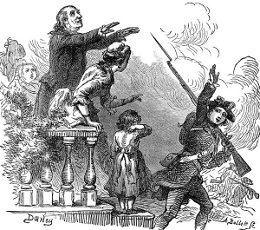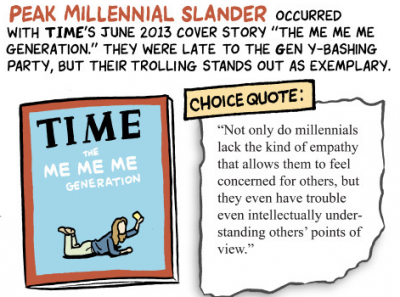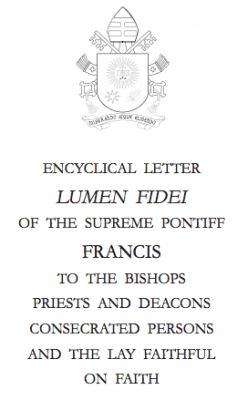 First appeared at SI in July of 2011.
First appeared at SI in July of 2011.
Something doesn’t add up. We refer to July 4 as Independence Day. We refer to the war that followed as the Revolutionary War. But if we viewed ourselves as independent of British rule on July 4, how could we have engaged in revolution after July 4? Revolution normally precedes independence. Either the day or the war is a misnomer.
For Christians the incongruity raises deeper questions. Given the response to government that Scripture requires, shouldn’t we oppose the whole idea of revolution, regardless of the circumstances? And if we’re opposed to revolution, can we rejoice in independence?
The Bible and revolution
Genesis 9 is understood by many to represent God’s re-founding of the institution of human government. The NT emphasizes submission to that institution as our Christian duty.
And He said to them, “Whose image and inscription is this?” They said to Him, “Caesar’s.” 17 And Jesus answered and said to them, “Render to Caesar the things that are Caesar’s, and to God the things that are God’s.” And they marveled at Him. (Mark 12:16–17)
Remind them to be subject to rulers and authorities, to obey, to be ready for every good work… (Titus 3:1)
Therefore submit yourselves to every ordinance of man for the Lord’s sake, whether to the king as supreme, 14 or to governors, as to those who are sent by him for the punishment of evildoers and for the praise of those who do good. 15 For this is the will of God, that by doing good you may put to silence the ignorance of foolish men. (1 Peter 2:13–15)


 First appeared at SI in July of 2011.
First appeared at SI in July of 2011.
Discussion